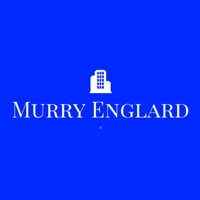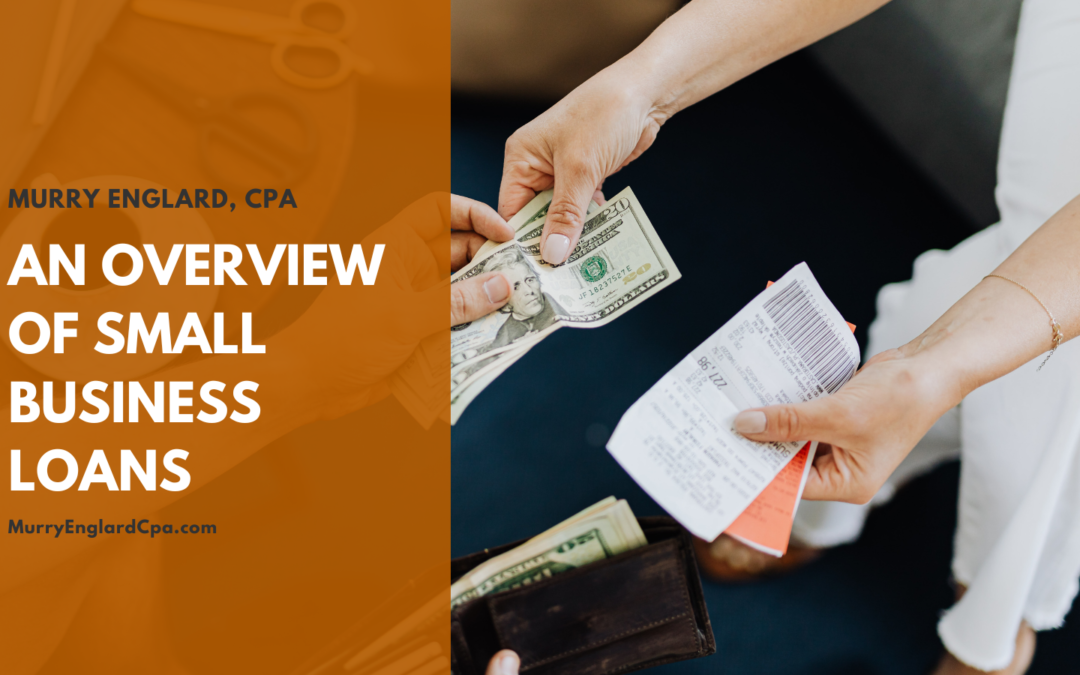Small businesses that experienced a reduction in business due to COVID-19 can get a boost from the availability of capital through the Paycheck Protection Program (PPP). This financing can help them pay their employees and other bills and reopen and grow their business.
PPP
This type of loan is typically offered with a 1% interest rate for five years and does not require a payment for the first ten months. It’s also one of the lowest-cost financing options for small businesses. The loan will likely be forgiven if the company continues to pay its bills and workers.
A small business can get a loan of up to 2.5x its average monthly payroll during the next couple of years. The maximum loan size for food service and accommodation establishments is 3.5x their average monthly payroll. The annual rate on their payroll is capped at $100,000.
To be eligible for a second draw PPP loan, a business must have experienced a 25% decrease in revenue during the first quarter of 2020 due to the implementation of COVID-19. It must have been in business before February 15, 2020, with fewer than 300 employees.
The program’s first round provided forgivable expenses, including rent, mortgage interest, and payroll. These expenses have been expanded in the second round to include property damage, worker protection, and supplier costs.
Almost 60 percent of the eligible forgivable expenses must come from the payroll. The period in which these expenses can be accrued is 24 weeks from the date the loan was issued. If the borrower’s loan is less than $150,000, they can take advantage of a simplified loan forgiveness process.
Aside from the PPP, small businesses with good credit profiles can utilize other loan products. These include working capital loans, business loans, and credit cards.
SBA Loans
The Small Business Administration (SBA) can provide various types of loans, such as working capital and real estate loans. These loans have a 10-year term and can be used for equipment or inventory.
Equipment Finance Loans
The borrower purchasing equipment typically secures equipment finance loans. These types of loans have varying terms and rates. Usually, these loans have terms of up to seven years.
Term Loans
Depending on the credit profile and lender, term loans may or may not be secured. These types of loans have varying terms and rates. They can also be arranged with different options, such as fixed or variable rates, speed, and position within the capital stack.
Cash-Flow Factoring Product
A cash-flow-based factoring product is typically unsecured and has variable repayment periods. Unlike other types of loans, this financing doesn’t carry personal guarantees.
Revolving Lines of Credit
Banks and non-bank lenders typically offer revolving lines of credit and carry personal guarantees.
Invoice Factoring Products
An invoice factoring product is financing that allows businesses to advance against their existing invoices. These products typically revolve around 30 to 90 days and are secured by the outstanding accounts receivable.

